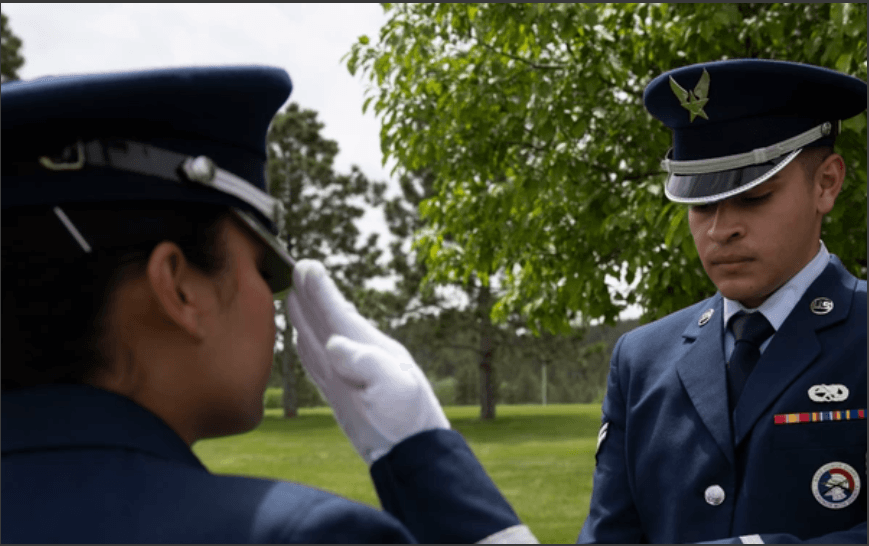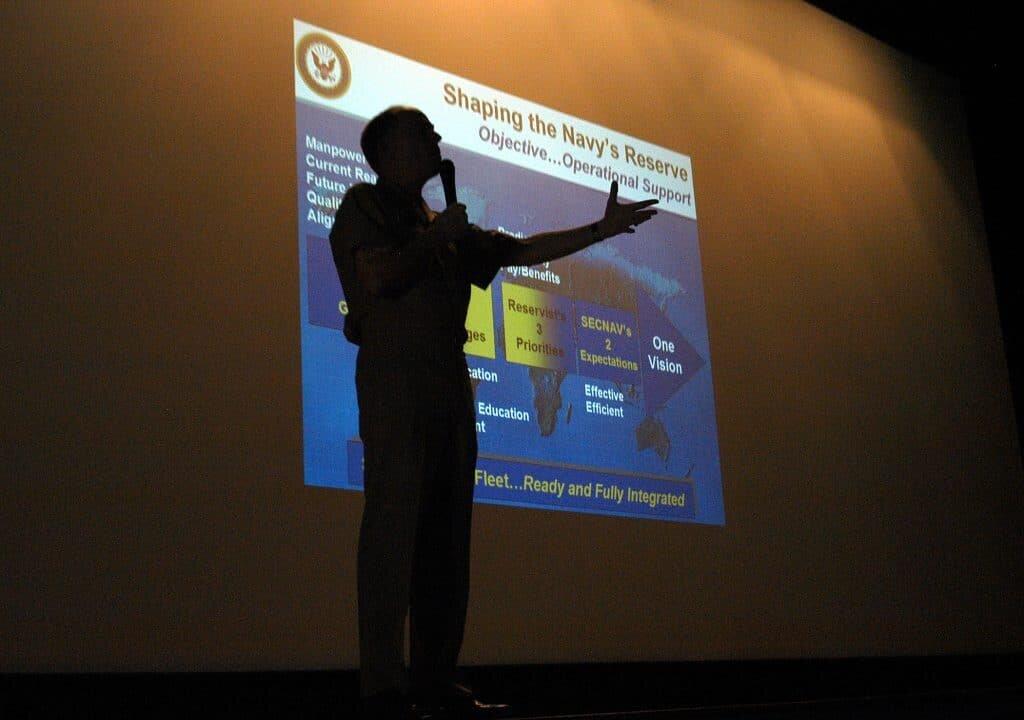Commentary
One piece of advice I heard a while back was to never read the replies to your social media posts. I have found that input to be very valuable. But the problem is that I gain some sense of validation from seeing that people have enjoyed what I’ve written, or found some value from it. In all truthfulness, probably 95 percent of the comments are positive, but there are a few negative ones that can be discouraging.
It’s not that I’m particularly hurt by them, but being a keen observer of human behavior, I find myself wanting to understand what causes people to blurt out some of these hateful comments. At a basic level, they’re unnecessary and completely uncalled for.
Yes, I’m a proponent of free speech, but I sometimes wonder about the mindset leading people to make these often venomous responses. Please keep in mind that stating disagreement, in and of itself, is not hateful. There’s a big difference between, “I disagree with your point because ….” and “You’re an idiotic moron for thinking that.” Open discourse is good and builds a nation, insulting speech is just plain destructive.





